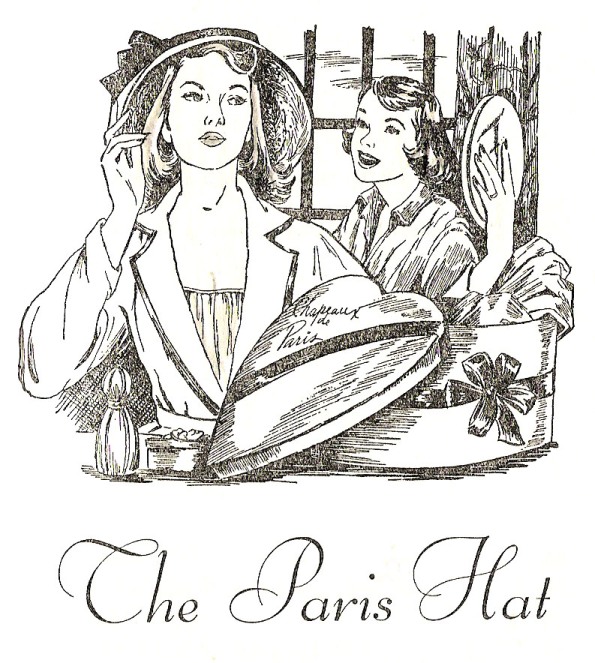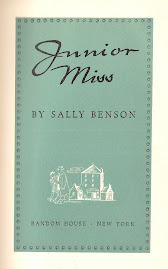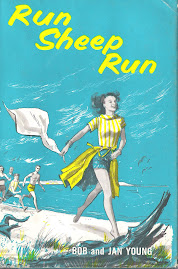 Title: The Tender Time
Title: The Tender TimeAuthor: Denise Cass Brookman
Jacket: Stanley Dersh
Publisher: Macrae Smith, 1958
Setting: An unnamed state where it gets down to -14 in the winter.
Fun: Coke dates; wearing his ring; ennui; a slimy best friend
Quote: "I hope..." her mother began, and began again, "I hope...that's not starting all over again."
"That," Stephanie said, putting on fresh lipstick, "can start only once."
"Don't be flippant, Stephie!" Then, anxiously, "It's over, isn't it?"
Stephie smiled at her mother in the mirror. "Finished. Not over." She turned around and kissed her lightly on the cheek. "There's a difference."
The main business of most teen novels is less romance than personal growth -- learning to ice skate, or that being popular isn't as important as being yourself, or that rich snobs ought to go back to New York City where they belong. Boys are dwelt on and sometimes chased after, but they aren't taken very seriously and are rarely allowed to clutter up the plot.
Not so The Tender Time, which looks squarely and unashamedly at romance in all its phases, from miracle of the first date to the glory of going steady to -- alas! -- the all-too-common sequel of terminal boredom:
"She tried to remind herself that though the old exhilaration was gone, so was the old depression and no-middle feeling. And simply because the exhilaration was gone didn't mean that love was, too. It really was much saner this way, she reassured herself. And yet..."
Brookman maintains a light tone but she misses very little. Scott, Stephie's boyfriend, is an egomaniac who refuses to believe a girl would actually break up with him. Stephie is so gullible she doesn't see her best friend is out to steal Scott. None of this is a tragedy, for Brookman, in spite of the title, isn't trying to write about true love. She's writing about that first high school relationship.
And in the oddly philosophical ending to the book, Stephie reminds her mother that though her relationship with Scott is over, it will never really end, because she can never fall in love with anyone else that way again:
"And that's how it didn't end...Always to be remembered, nothing ever to be remembered quite like that. No matter how many times the same things are done...Never the same as the first time, the young time, the tender time."











